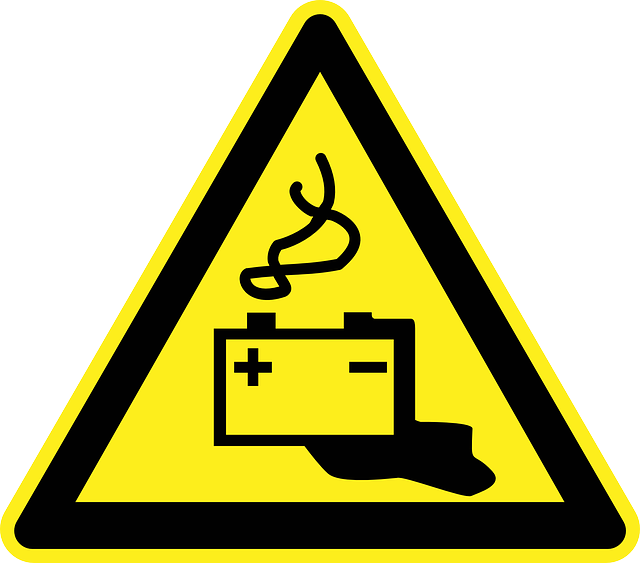If a button battery is accidentally ingested, it's critical to remain calm and seek immediate medical attention. These batteries, commonly found in devices like toys and remote controls, can cause severe chemical burns within two hours due to their alkaline content interacting with bodily fluids. Panicking or attempting to make the victim vomit can exacerbate injuries. Medical professionals trained in such emergencies should be consulted as soon as possible for proper evaluation and safe removal of the battery, which is best done by healthcare experts using X-ray technology. Early intervention is vital; it significantly improves the chances of a favorable outcome. Public awareness and strict safety measures are necessary to prevent ingestion, especially among children who might mistake these batteries for toys. Post-retrieval, medical follow-up is essential due to potential long-term effects on the digestive system from button battery ingestion. Always prioritize secure storage and safe disposal of button batteries to prevent accidental ingestion and associated health risks.
When a button battery is accidentally ingested, immediate and informed action is crucial for the individual’s safety and wellbeing. This article delineates the top ten actions to take post-ingestion, emphasizing the importance of prompt medical response and non-invasive care measures. With a focus on button battery safety and prevention, it provides a comprehensive guide through each step of handling such an incident, from the initial response to long-term monitoring and advocacy for greater awareness. Understanding the potential risks and the necessary precautions can significantly improve health outcomes and prevent serious complications.
- Immediate Response: Safeguarding the Ingestant and Seeking Medical Attention
- Professional Medical Evaluation: Understanding the Urgency of Expert Assessment
- Do Not Induce Vomiting: The Risks Associated with Emesis Post-Button Battery Ingestion
- Observation and Monitoring: Keeping a Close Eye on Potential Health Complications
Immediate Response: Safeguarding the Ingestant and Seeking Medical Attention
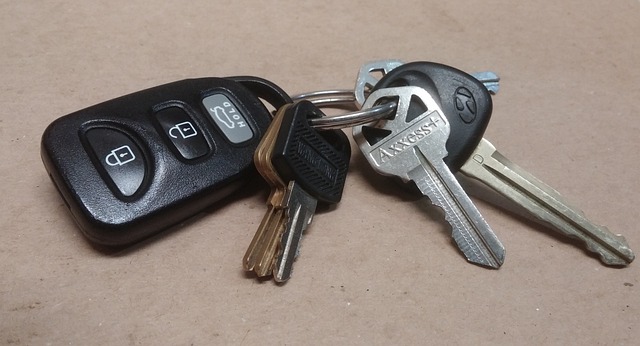
In the event that a button battery is accidentally ingested, an immediate and calm response is critical. The first step is to remain composed and avoid panicking, as this can heighten the risk of injury. Promptly seek medical attention by contacting emergency services or proceeding to the nearest hospital equipped to handle such situations. Medical professionals are trained to manage these incidents and will prioritize the ingestant’s safety. It is imperative not to induce vomiting or attempt to make the individual sick, as this can lead to further harm. Instead, preserve any packaging or identify the type of battery if possible, as this information will be invaluable to medical personnel upon arrival. They may employ X-ray imaging to locate the battery and assess its position relative to critical tissues and organs. Early intervention significantly increases the chances of a safe and successful outcome, emphasizing the importance of swift action when a button battery is swallowed.
Professional Medical Evaluation: Understanding the Urgency of Expert Assessment
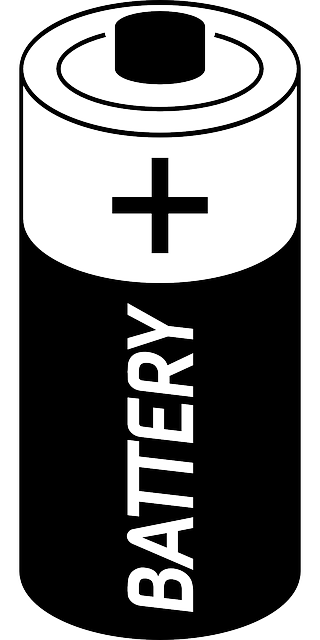
If a button battery is swallowed, prompt professional medical evaluation is paramount due to the potential severe consequences that can arise. Button batteries, commonly found in household items such as toys, remote controls, and hearing aids, can cause chemical burns in as few as two hours after ingestion. The body’s digestive enzymes can react with the battery’s alkaline content, leading to serious injury or even perforation of internal organs. Therefore, it is crucial for individuals not to induce vomiting or attempt to retrieve the battery themselves, as these actions could exacerbate the situation. Instead, immediate medical attention from healthcare professionals trained in such emergencies should be sought. These experts have specialized tools and techniques to safely locate and remove the battery without causing further harm. The urgency of expert assessment cannot be overstated; swift action can significantly improve the outcome for the patient, making it a critical step in managing this type of emergency.
Do Not Induce Vomiting: The Risks Associated with Emesis Post-Button Battery Ingestion
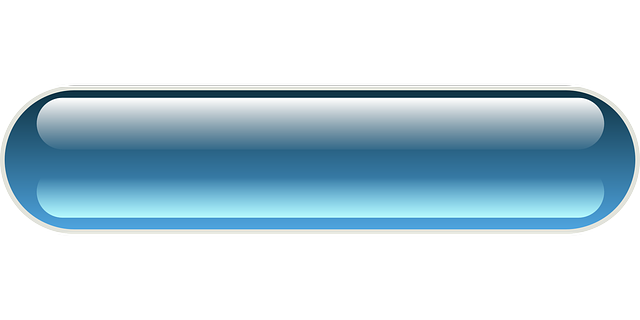
Observation and Monitoring: Keeping a Close Eye on Potential Health Complications
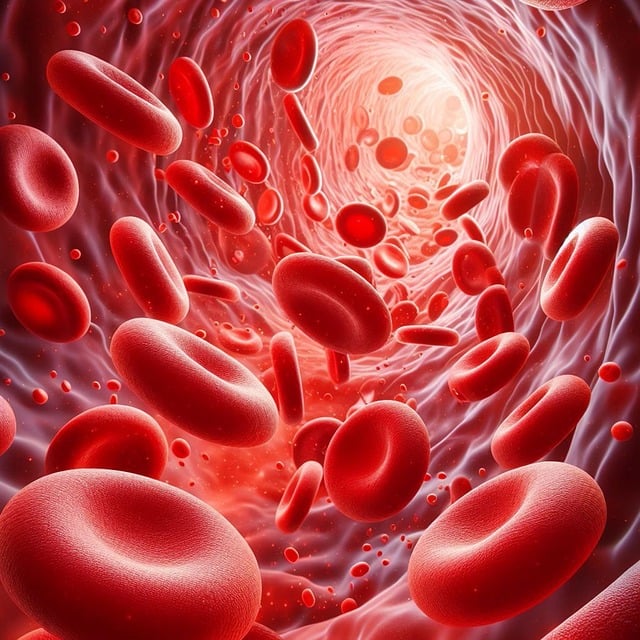
If an individual has accidentally ingested a button battery, immediate attention is crucial. The first action post-ingestion should be to remain calm and observe the patient closely for any signs of distress or changes in behavior. It is imperative to monitor for potential health complications, as these batteries can release an alkaline substance upon contact with bodily fluids, leading to chemical burns in a matter of hours. Medical professionals emphasize that time is of the essence; prompt intervention significantly increases the chances of a favorable outcome.
Parental guidance and supervision are essential, especially with young children who may mistake small objects for toys. Keeping button batteries out of reach and securing household items that contain them is a proactive step in prevention. In cases where a battery is suspected to be swallowed, it is important to seek medical assistance immediately. Medical personnel can then perform the necessary diagnostic procedures, such as an X-ray, to confirm if the battery has passed through the digestive system or is retained within the body. Monitoring and follow-up care are critical even after the battery has been retrieved, as there may be lingering concerns regarding the integrity of the gastrointestinal tract and potential long-term effects.
In conclusion, if an individual swallows a button battery, it is imperative to remain calm and act swiftly. The immediate response should focus on safeguarding the ingestant by ensuring they do not consume any food or liquids and seeking prompt medical attention. A professional medical evaluation is crucial for understanding the urgency of expert assessment in such situations. It is vital to avoid inducing vomiting post-button battery ingestion due to the significant risks associated with emesis in these cases. Observation and continuous monitoring are essential to watch for potential health complications that may arise from the button battery’s alkaline reaction within the body. Quick and informed action can significantly increase the chances of a positive outcome, highlighting the importance of preparedness and awareness concerning button battery ingestion.
